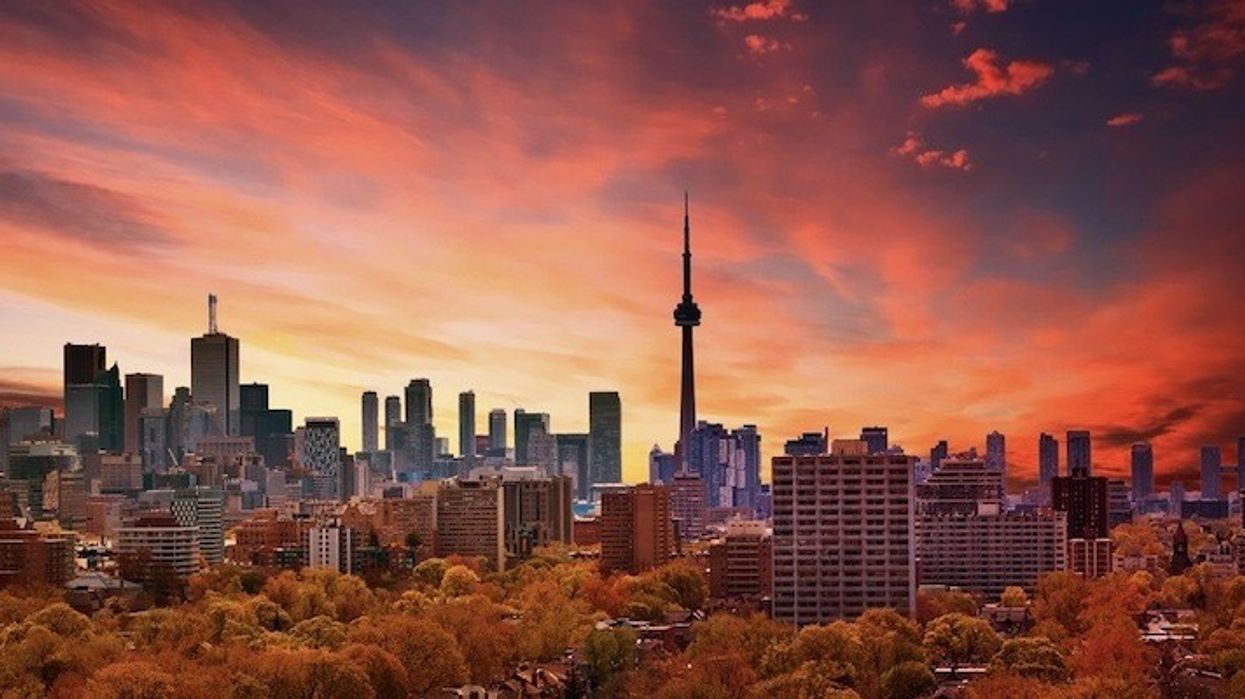Torontonians have another accolade to be proud of as Canada's largest city was just recognized as one of the world's best cities.
The bragging rights were put forward by Resonance Consultancy’s annual World’s Best Cities ranking, which ranked the world’s 100 best-performing cities to live, work, and invest in 2021.
Each chosen city has populations of more than one million and was ranked based on the quality of place, reputation, and competitive identity of global cities based on the perceptions of the people who matter most: talent, tourists, and business leaders.
This ranking is generally recognized as being one of the world’s most thorough city rankings, based on an original methodology that analyzes key statistics as well as user-generated reviews and online activity in channels such as Google, Facebook, and Instagram.
New for the 2021 ranking, Resonance has added three new factors to better reflect the impact of the pandemic -- and response to it -- by cities. The "Prosperity: category now features the unemployment rate of a city (as of July 2020, the latest numbers available at press time) and the Gini Index of Income Inequality. In the "Place" category, the number of COVID-19 cases per million (as of July 31, 2020) for each city was also added.
READ: Top Canadian Real Estate Trends to Look For in 2021
This year’s ranking saw London claim the top spot, with New York City, Paris, Moscow, Tokyo, Dubai, Singapore, Barcelona, Los Angeles, and Madrid rounding out the top ten.
As for how Toronto faired, Canada's largest city bumped up four spots to 13, Toronto's highest finish ever.
Toronto’s key areas of performance included economic growth, immigration, and global investment. And with almost half of the city’s population being foreign-born, Toronto’s ranking is driven by its diversity and "Education Attainment" rankings. These are the two main components of Resonance Consultancy’s, “people” category of which Toronto ranks third, just behind Dubai and Abu Dhabi.
"But Toronto’s diversity is less tied to migrant labor and more to the long-term opportunity in a city that earlier this summer was crowned as the fastest-growing metropolitan area in all of North America," reads the report.
According to the report, the city’s openness, combined with its economy (with the eighth-most Global 500 head offices in the world) has resulted in unprecedented density and a "satisfaction with just staying put" that is powered by the city's hot real estate market and the comfort that the world is already in town.
Of course, winning an NBA title doesn’t hurt, either.
“The data collected for this year’s rankings provides a snapshot of the performance of these cities leading into the pandemic,” says Resonance President & CEO Chris Fair. “A year from now, we’ll be able to look at how COVID-19 has affected each of these cities and see which ones prove to be the most resilient during this crisis.”
Fair notes that the planet’s large cities -- with MSA populations of more than a million people -- face imminent and myriad challenges that will define their next decade and beyond.
“Data we are currently tracking indicates that there has been very little recovery in visitation to large city centers, and the loss of tourism has also impacted these cities the hardest,” says Fair.
“But with the proper financial support and policies, cities can help bridge this crisis for the businesses most impacted by the pandemic in order to ensure they are able to recover quickly on the other side of this. Without that support, it could take as much as a decade for large city centers to recover to 2019 levels of economic activity.”
You can read the full report here.





















